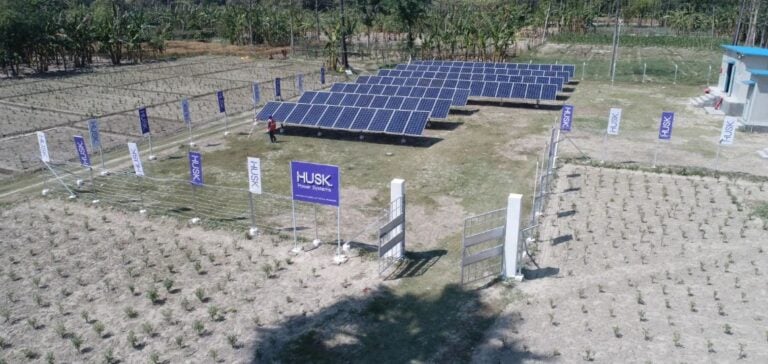Husk Power Systems, a leader in rural electrification, achieved a significant milestone in 2024 with a total installed capacity of 20 MW across its solar mini-grids. This progress benefits more than 1.5 million people and 30,000 small businesses, primarily in Sub-Saharan Africa and South Asia.
By investing heavily in infrastructure, the company also expanded its network to 2,500 kilometers of transmission and distribution lines. These mini-grids help reduce 15,000 tons of CO2 annually, replacing approximately 3,000 diesel generators.
Favorable Policies and a Growing Market
Husk’s growth highlights the potential of energy policies that encourage private investment in rural solar infrastructure. According to its CEO, Manoj Sinha, “technological advancements, coupled with accessible capital, pave the way for eliminating energy poverty in remote areas of Africa and Asia.”
Husk’s expansion reflects a global trend: solar mini-grids are increasingly recognized as a viable solution for electrifying underserved regions. These initiatives are also attracting investors, drawn by their environmental impact and long-term profitability.
Ambitious Expansion Plans for 2025
The company has announced ambitious goals for 2025, including an additional 100% growth and entry into several new markets in Sub-Saharan Africa. This strategy includes developing interconnected mini-grids, a model aimed at transforming energy access in rural areas.
Husk also plans to raise significant funds to finance its growth through 2030. This fundraising effort, focused on supporting solar projects, is part of a long-term strategy to meet the growing demand for clean and reliable energy.
Through these projects, Husk actively contributes to global efforts to achieve universal energy access while reducing greenhouse gas emissions in developing countries.






















